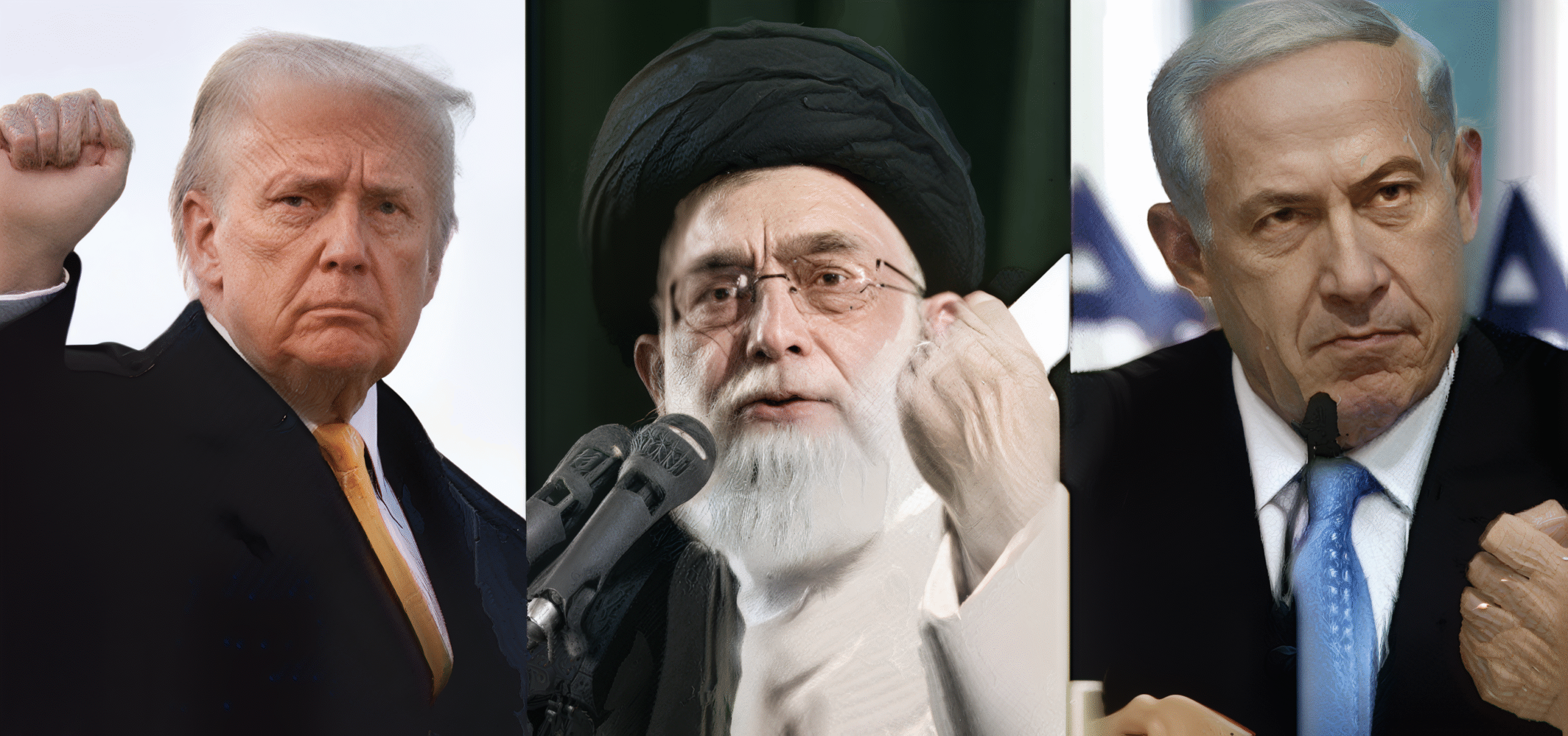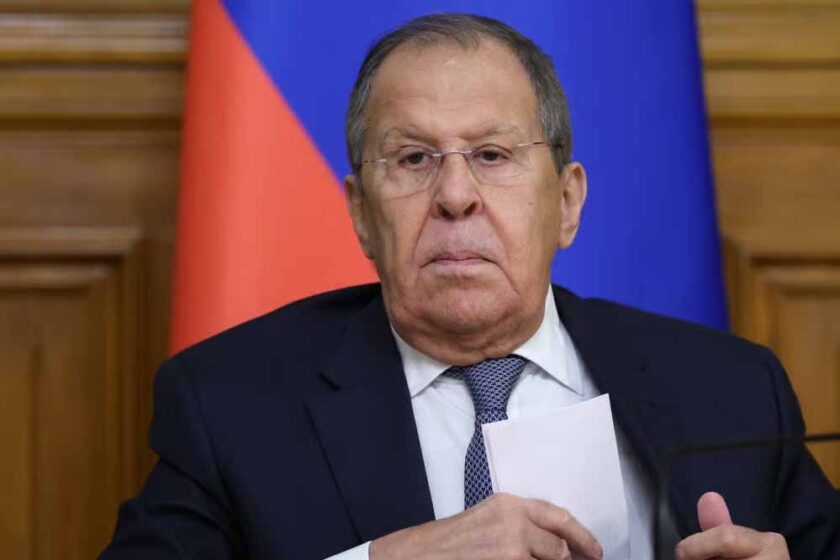Washington: Tensions reached a critical point as the conflict between Israel and Iran entered its second week with no sign of de-escalation. U.S. President Donald Trump indicated that he is seriously considering authorizing airstrikes against Iran, giving Tehran a two-week ultimatum to avert possible U.S. military involvement.
The statement came as diplomatic efforts led by European foreign ministers collapsed during negotiations in Geneva, leaving the door wide open for further military action.
President Trump warned that any American intervention would likely target Iran’s Fordo nuclear facility—a heavily fortified underground site only accessible by U.S. “bunker-buster” munitions. Meanwhile, Israeli Prime Minister Benjamin Netanyahu reiterated Israel’s stance, pledging to continue military operations “for as long as it takes” to neutralize Iranian nuclear and missile threats.
Responding to U.S. warnings, Iranian Foreign Minister Abbas Araghchi cautioned that American involvement would be “very, very dangerous for everyone.” He also made it clear that Iran will not return to the negotiation table unless Israel halts its ongoing military aggression.
The situation worsened when Israel launched a second strike on Iran’s Isfahan nuclear facility, reportedly inflicting significant damage to its centrifuge systems. In retaliation, Iranian drones struck a residential building in northern Israel, although no casualties were reported.

In a rare intervention, Russian President Vladimir Putin backed Iran’s position, stating that there is “no evidence” Iran is pursuing nuclear weapons. Quoting IAEA assessments, Putin urged both countries to stop the escalation and reaffirmed Iran’s right to pursue peaceful nuclear development.
Amid the fog of war, a parallel battle is being waged in the digital realm. AI-generated deepfakes and doctored videos are fueling a misinformation surge, making it difficult for global audiences to separate fact from fiction. One chilling example occurred when a British-Iranian woman trying to reach her mother in Tehran was met with an unsettling synthetic voice mimicking a human response in poor English.
Meanwhile, a top aide to Iran’s Supreme Leader Ayatollah Ali Khamenei issued a bold statement targeting IAEA chief Rafael Grossi, threatening that he would “pay after the war” for allegedly offering contradictory reports that Israel used to justify its offensive.
As military operations intensify and diplomacy collapses, the region remains on a razor’s edge. With superpowers divided, misinformation spreading, and tensions escalating, the risk of a wider Middle Eastern war looms large—leaving world leaders scrambling for a resolution.









